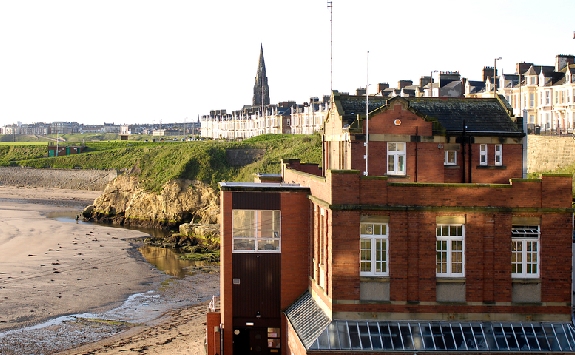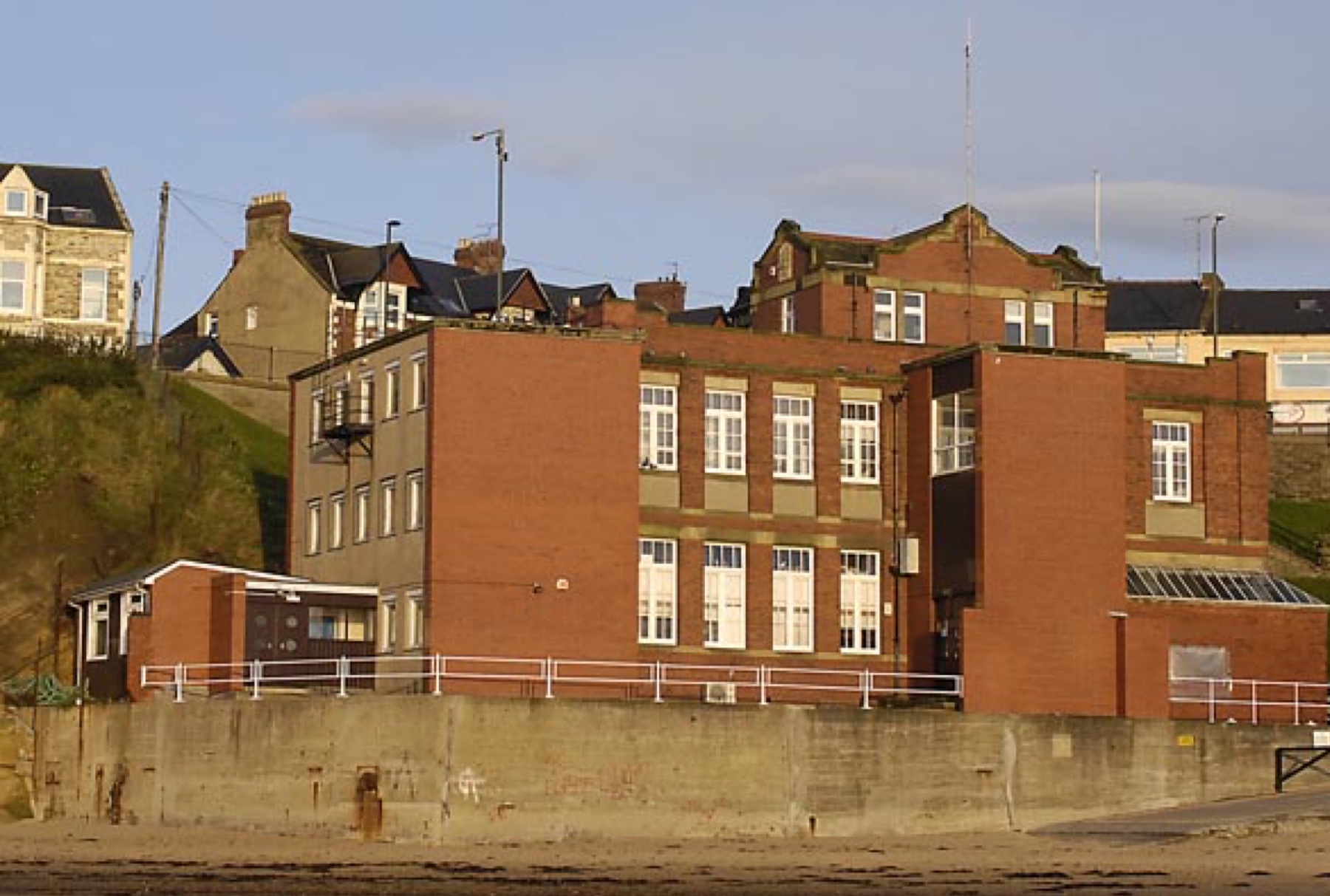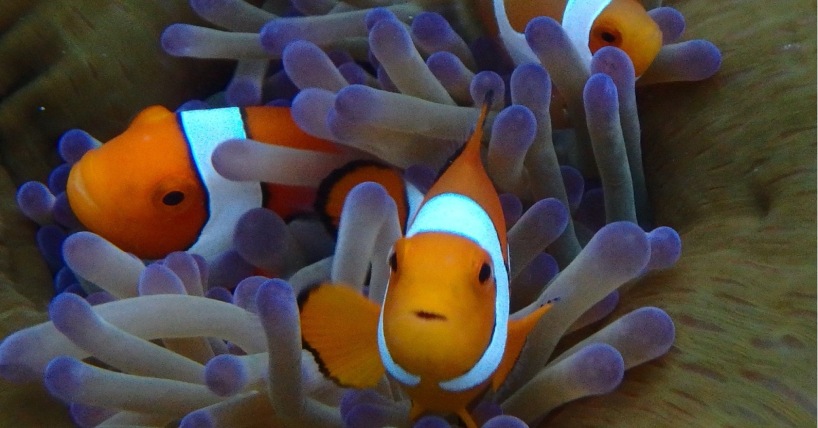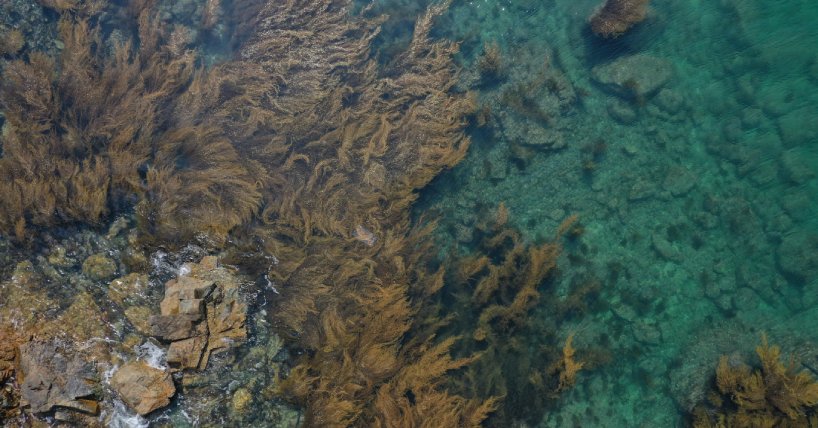Dove Marine Laboratory
Our laboratory at Cullercoats is an important facility for the School of Natural and Environmental Sciences.
Dove Marine Laboratory
Our laboratory is dedicated to the study of marine biology, oceanography, environmental science, and coastal processes.
We aim to understand the complex interactions between marine life and their environment, and contribute to the conservation and management of marine resources.

Current research projects
Contact us
marineoutstations@newcastle.ac.uk
Dove Marine Laboratory
School of Natural and Environmental Sciences
Newcastle University
Cullercoats, North Shields
NE30 4PZ
Telephone: +44 (0)191 208 3051


.jpg)


.jpg)
.jpg)
.jpg)